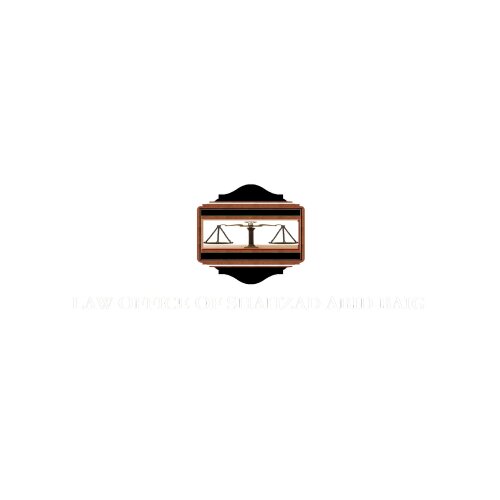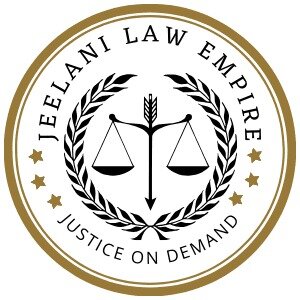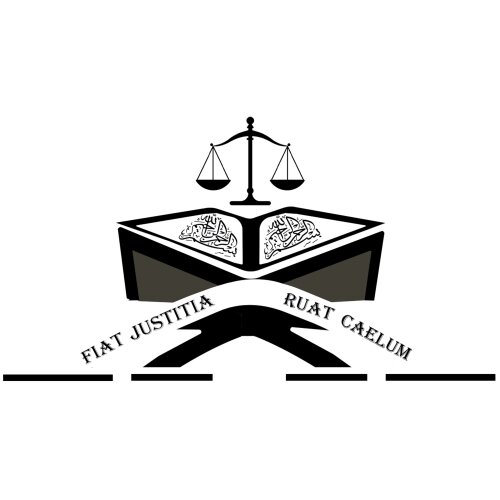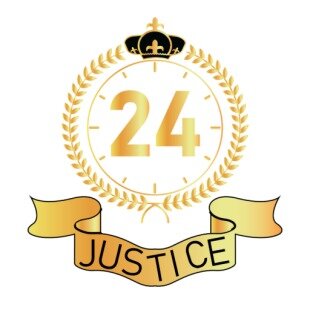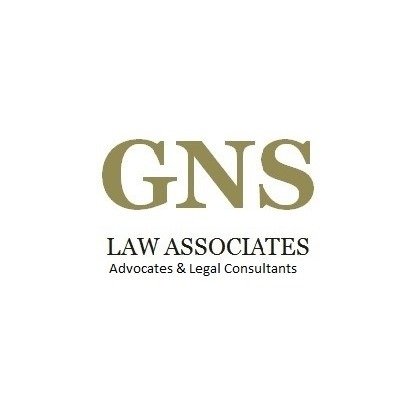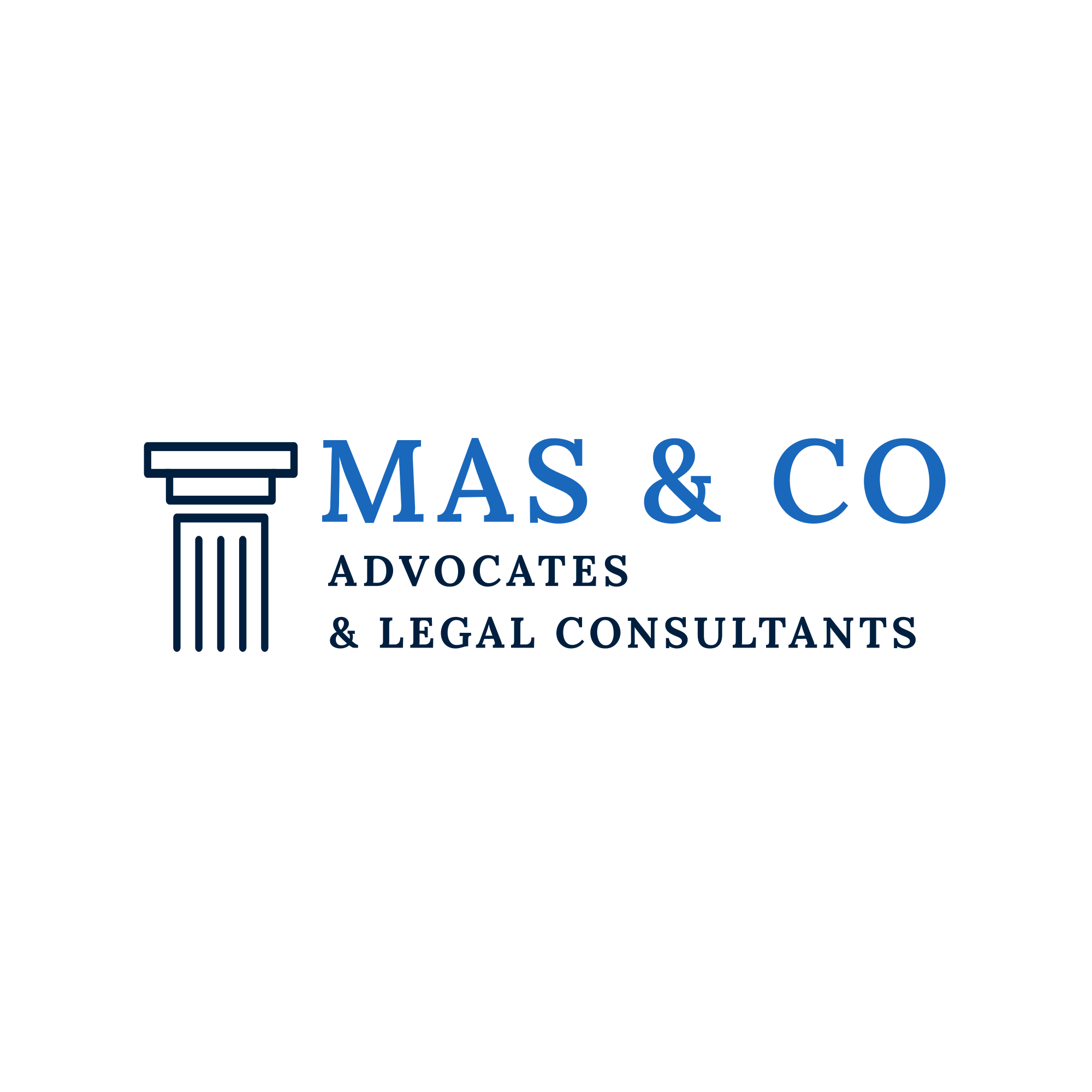Best Education Law Lawyers in Pakistan
Share your needs with us, get contacted by law firms.
Free. Takes 2 min.
Or refine your search by selecting a city:
List of the best lawyers in Pakistan
About Education Law in Pakistan
Education Law in Pakistan encompasses the rules and regulations governing the establishment, operation, and administration of educational institutions in the country. This legal framework ensures that the right to education is protected and promoted as guaranteed by the Constitution of Pakistan. The Ministry of Federal Education and Professional Training, along with provincial education departments, are responsible for implementing education policies and ensuring compliance with these laws. Key concerns addressed by Education Law include the regulation of private schools, ensuring equal access to education, maintaining education standards, addressing student rights, and handling disputes between educational institutions, students, and parents.
Why You May Need a Lawyer
There are several instances where individuals or institutions may require legal assistance in the field of Education Law:
- Disputes between parents and schools regarding admission policies, fee structures, or academic standards.
- Issues concerning the establishment or recognition of private educational institutions.
- Enforcement of student rights in cases such as wrongful suspension or expulsion.
- Compliance with regulations and standards set by educational authorities for curriculum and infrastructure.
- Cases related to discrimination or harassment within educational settings.
- Legal proceedings related to education funding, scholarships, and student loans.
Local Laws Overview
Education Law in Pakistan is primarily governed by a combination of federal and provincial legislations, as education is a shared responsibility between these two levels of government. Among the key laws relevant to Education Law in Pakistan are:
- The Constitution of Pakistan, which includes the right to free and compulsory education for children aged 5 to 16 years under Article 25-A.
- The Islamabad Capital Territory Right to Free and Compulsory Education Act, 2012, which extends the right to education as per the Constitution.
- Provincial education acts and ordinances that regulate the operation and management of educational institutions within their jurisdictions.
- The Punjab Private Educational Institutions (Promotion and Regulation) Ordinance, 1984, and similar laws in other provinces governing private education providers.
- Rules and guidelines issued by regulatory bodies such as the Higher Education Commission (HEC) and provincial education departments.
Frequently Asked Questions
What is the role of the Higher Education Commission (HEC) in Pakistan?
The HEC is responsible for accrediting higher education institutions, ensuring quality assurance, setting standards for degrees, and promoting research and development in higher education.
Are private schools in Pakistan regulated?
Yes, private schools in Pakistan are regulated by provincial laws and must adhere to regulations regarding registration, fee structures, and educational standards.
What are the student rights in Pakistan?
Students have the right to a free and compulsory education, protection from discrimination, fair assessment, and the right to appeal against unfair disciplinary actions.
How can parents address grievances with a school?
Parents can address grievances by first speaking with the school administration and, if unresolved, may take the issue to the relevant provincial education department or regulatory authority.
Can schools in Pakistan refuse admission to a student?
Schools can refuse admission based on capacity or lack of meeting admission criteria, but cannot do so on discriminatory grounds.
How are educational institutions established in Pakistan?
Institutions must register and obtain permission from relevant provincial authorities and comply with legal regulations concerning infrastructure, faculty qualifications, and curriculum.
What is the minimum age for school enrollment in Pakistan?
The minimum age for school enrollment is typically five years for primary education, as per Article 25-A of the Constitution.
What laws protect against discrimination in education?
Discrimination in education is prohibited under various federal and provincial laws, ensuring equal access and treatment for all students regardless of gender, religion, or socioeconomic status.
Can legal action be taken against educational institutions for unfair practices?
Yes, legal action can be initiated against educational institutions for non-compliance with education laws or for engaging in unfair practices.
Is corporal punishment allowed in Pakistani schools?
Corporal punishment is prohibited in many provinces under specific legislation aimed at protecting children's rights in educational settings.
Additional Resources
For those seeking further information or legal advice, consider exploring the following resources:
- The Ministry of Federal Education and Professional Training
- Provincial education departments
- Higher Education Commission (HEC) of Pakistan
- The Punjab Education Foundation and similar organizations in other provinces
- Legal aid organizations and child protection NGOs
Next Steps
If you need legal assistance in Education Law in Pakistan, consider the following steps:
- Identify the specific legal issue or concern you or your institution is facing.
- Consult with a lawyer specializing in Education Law to understand your rights and options.
- Gather all relevant documentation, such as contracts, communications, and policies related to your case.
- Consider mediation or negotiation as a first step before proceeding to legal action if appropriate.
- Stay informed about your rights and obligations under current education laws and regulations.
Lawzana helps you find the best lawyers and law firms in Pakistan through a curated and pre-screened list of qualified legal professionals. Our platform offers rankings and detailed profiles of attorneys and law firms, allowing you to compare based on practice areas, including Education Law, experience, and client feedback.
Each profile includes a description of the firm's areas of practice, client reviews, team members and partners, year of establishment, spoken languages, office locations, contact information, social media presence, and any published articles or resources. Most firms on our platform speak English and are experienced in both local and international legal matters.
Get a quote from top-rated law firms in Pakistan — quickly, securely, and without unnecessary hassle.
Disclaimer:
The information provided on this page is for general informational purposes only and does not constitute legal advice. While we strive to ensure the accuracy and relevance of the content, legal information may change over time, and interpretations of the law can vary. You should always consult with a qualified legal professional for advice specific to your situation.
We disclaim all liability for actions taken or not taken based on the content of this page. If you believe any information is incorrect or outdated, please contact us, and we will review and update it where appropriate.
Browse education law law firms by city in Pakistan
Refine your search by selecting a city.




